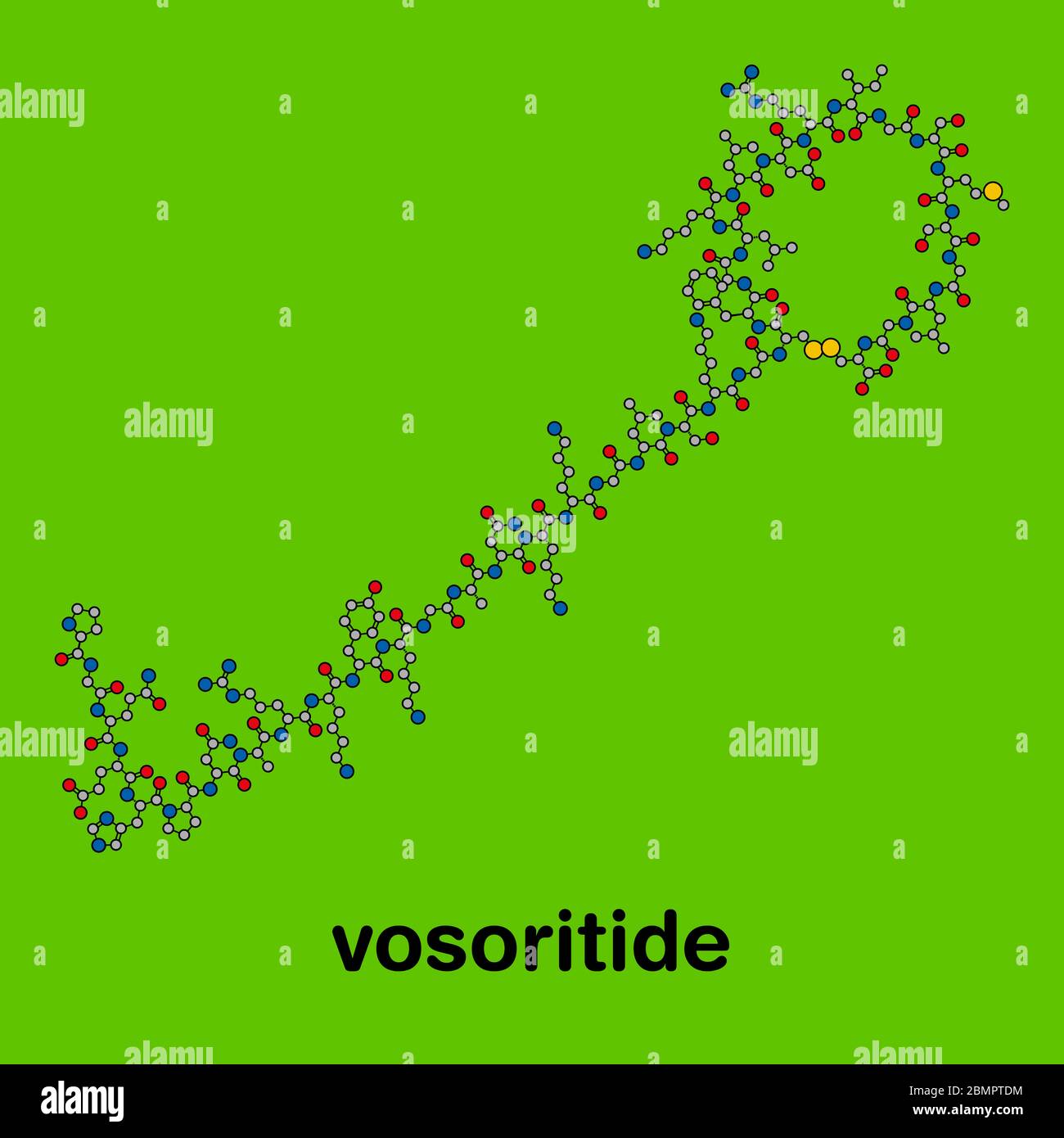BioMarin climbs as dwarfism drug improves growth in children
Aug 27. U.S.-based Biomarin Pharmaceutical Inc's (BMRN.O) treatment for one of the most common forms of dwarfism received clearance from the European Commission, becoming the first therapy to get an approval in the region for achondroplasia.
BioMarin Pharmaceutical (NASDAQ:BMRN) climbed in morning trades after the drug developer said its experimental drug for achondroplasia, or dwarfism, was effective in improving growth in children.

Shares leaped 12.1 percent to $138.21 at 2 p.m. in New York. The shares had climbed 37 percent this year through yesterday’s close.
The drug, BMN 111 (vosoritide), was evaluated in children with achondroplasia, the most common form of dwarfism, the Novato, California-based company said in a statement late yesterday.
In a trial of 26 children, 10 patients getting the highest dose of the drug grew at a rate that was 50 percent faster than they had in the previous six months. The company said it didn’t see any serious side effects during the study.
Wall Street investors and analysts had been hoping for a 50 percent improvement in growth rate.
“This increase in growth velocity, if maintained, could allow children with achondroplasia to resume a normalized growth rate,” Wolfgang Dummer, BioMarin’s vice president of clinical development, said in the statement.
The company seeks to test a higher dose as well, to see if it would help patients who get treatment later catch up on their growth. It also intends to test the drug in children younger than 5, the lower age limit for the existing study.
Achondroplasia is a rare condition found in about one in 25,000 births. It is caused by a genetic mutation that happens spontaneously, rather than being passed down.
Vosoritide has an orphan drug status in the United States and Europe. The status gives a developer several incentives including a seven-year market exclusivity in the United States and 10-year exclusivity in the Europe.
The drug if approved could rake in sales of about $700 million worldwide, Reuters reported, citing Raluca Pancratov of SunTrust Robinson Humphrey in a note to clients.
The drug is not universally welcomed. Some people with dwarfism say it is not a disease that needs treatment. But about 80 percent of children with achondroplasia are born to parents of normal stature, and many of those parents want treatments for their children. One is a torturous surgery that lengthens the legs by breaking them.
BioMarin's pipeline includes five approved drugs for the treatment of various rare diseases.
https://www.proactiveinvestors.com/



